Tell us about hospitality trends you’ve noticed at GCP Hospitality in 2018, which dictate the direction of some of your key projects for 2019 and beyond.
One key trend we identified is the increase of millennial and Gen Z travellers. They come in various diversified groups and it is difficult to typecast them within a certain mold. What we notice is that they are looking for interactive spaces, integrating social experiences, and co-working components.
GCP Hospitality is known for properties that attract well-heeled travelers like Hotel G in Singapore, Bangkok, and Yangon, as well as luxury hotels in the US, such as the Ambassador Chicago, and Mondrian Park Avenue and The Standard High Line in New York City. However, the millennial customer is a market segment that's constantly on the rise and GCP Hospitality has its finger on the pulse of what this demographic wants — experience, design, and connectivity. We spoke to Mr. Christophe Vielle, GCP Hospitality's CEO, to find out how they're staying ahead of the curve.
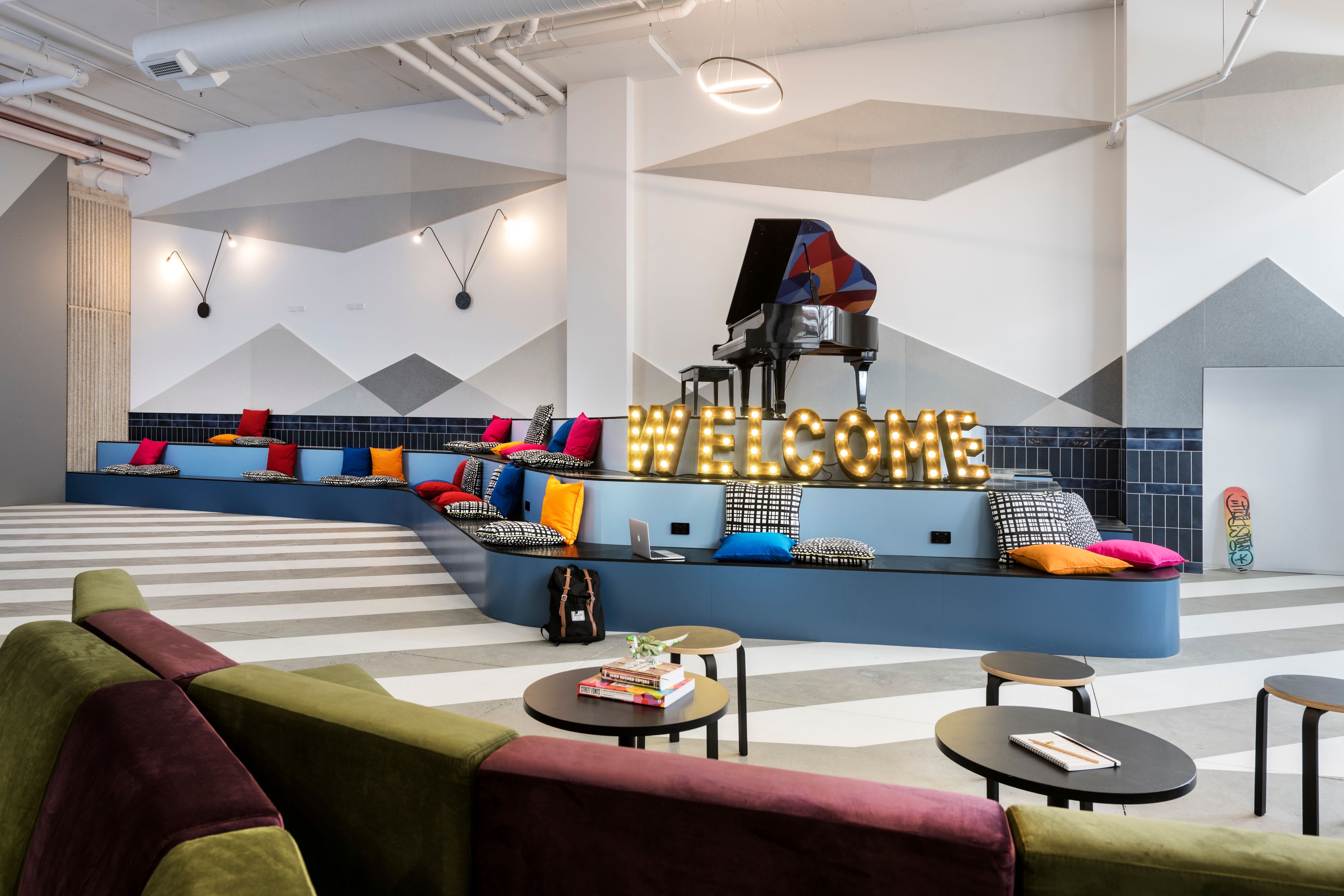
We ensure all our millennial and gen Z-oriented accommodations, such as Hostel G in Perth, Australia are equipped with state-of-the art technology, giving travellers access to good Wi-Fi connectivity and the latest mobile technology, as well as creating social spaces with strong programing, ranging from entrepreneur collaborations and lectures to up-and-coming artist showcases.
Another project that we are pushing out on a larger scale is the notion of shared living space for tertiary students. Campus Perth is the latest innovative project of GCP Hospitality and will open its doors to welcome students this month. Campus Perth is a game-changing project in the sense that we deliver a bespoke experience in co-living spaces for students, which empowers independent living while being part of a larger, like-minded social community.
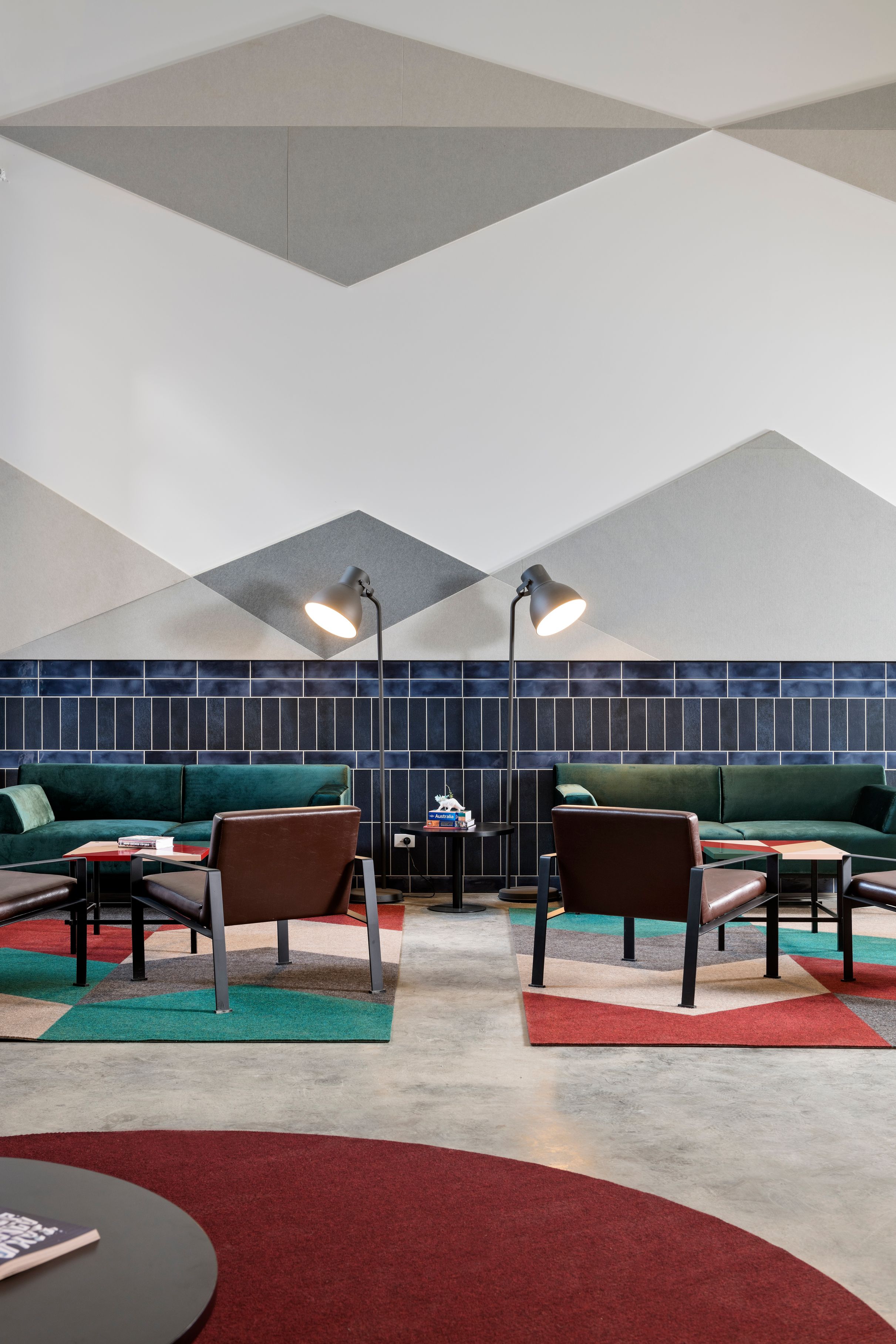
What role does this market segment play in your future plans?
GCP Hospitality considers the millennial market to be an important component of our target consumer base and we will roll out initiatives to ensure that the expectations of this group are met. For instance, we ensure that our properties are located in city centers with easy access to popular local spots and places of interest.
Design-centric accommodation is another aspect that features high on this particular group’s desired list. We focus on design as a leading theme in all our properties. For example, Hostel G is a design-driven 2.0 hostel that encompasses the elements of art, design, and community living.
Where do millennials fit in the luxury travel sphere?
We observe millennials preferring to spend their money and resources on experiences than material goods. They seek an original experience that is inclusive, which they can share with their loved ones. They do want to proclaim that they have been to a certain place, but the difference is that they want a more authentic and localized experience in offbeat destinations. This is how the millennial market comes in with their desire for authentic experiences that enable them to experience something. It’s not about providing luxurious amenities from well-known brands. It’s beyond that.
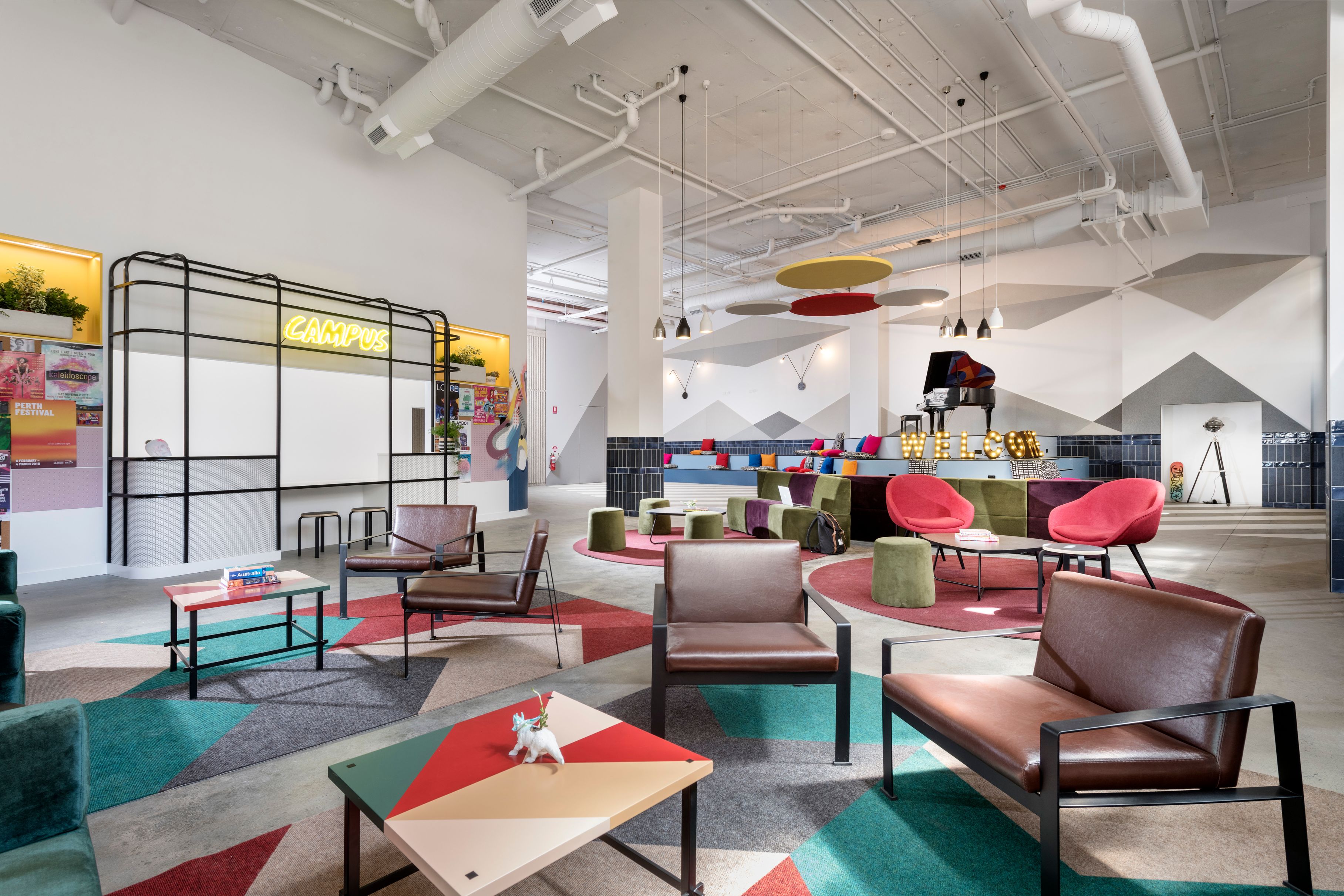
Can you tell us more about the shared living space product under your portfolio and what gap it aims to fill?
Co-living spaces are a trend like we saw with the Boutique/Lifestyle/Design Hotels concepts in the past. Co-living hubs are answering to a demand from not only millennials, but also Gen Z and Gen X by providing a unique sense of camaraderie and community that is found in such co-living spaces where everyone comes together.
Furthermore, this new type of hospitality concept follows the same rules as a hotel in terms of financing, operations, employee engagement, and permits. Hence, it is not really disrupting the hospitality sector, but complementing it not like the short-term rental business model, which is not only disrupting the hospitality business, but also entire cities and their residents.








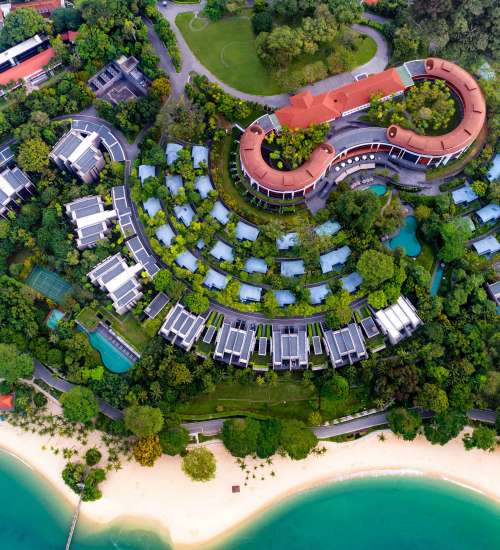
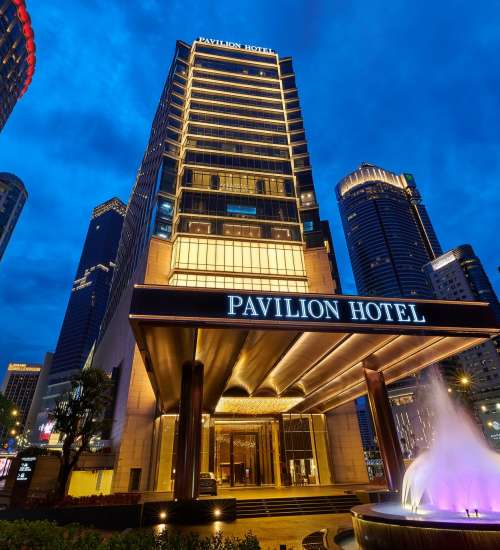
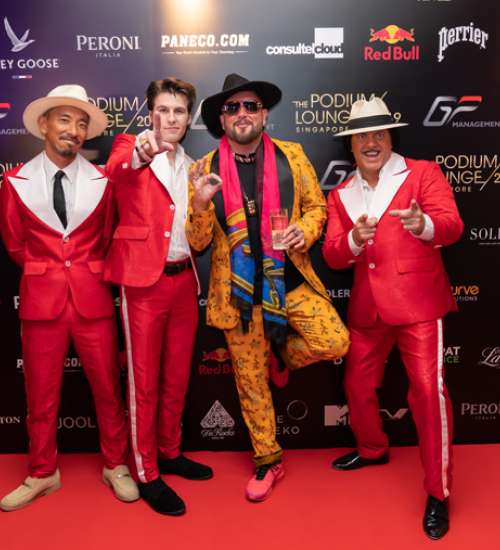
 Back
Back
